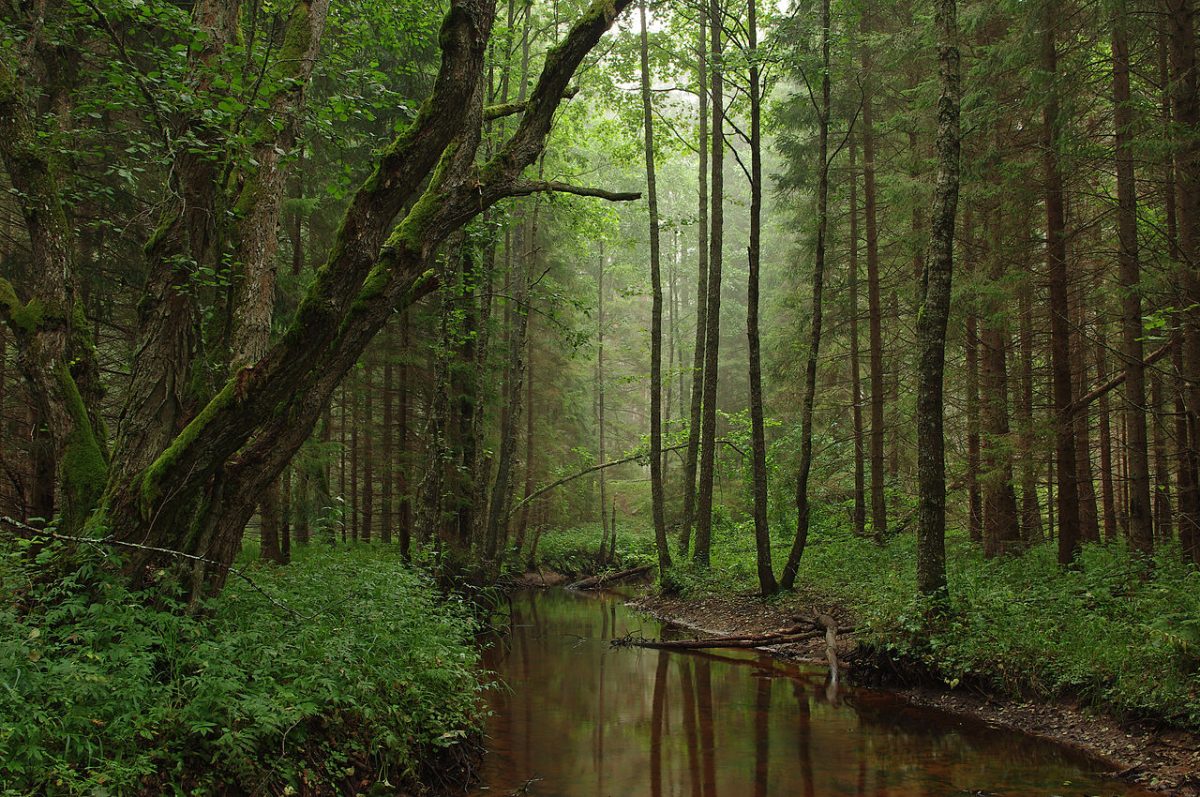Legally robust just transition roadmap needed urgently, ICTU

November 27th, 2019
Ireland needs a clear and legally robust roadmap to support peatland workers being asked to sacrifice their livelihoods for the good of future generations, the Committee on Climate Action has heard.
Speaking at a hearing on the Green’s Just Transition Bill yesterday, Macdara Doyle of the Irish Congress of Trade Unions (ICTU) said that the roadmap should include dialogue with all stakeholders, access to retraining for workers, and respect for the rights of trade union representation.
The just transition concept calls for a swift move to a climate-friendly model in the fairest way possible for those who currently depend on the fossil fuel industries for their livelihood.
In Ireland, communities in the Midlands – the heart of Ireland’s peat industry – as well as workers at the ESB’s Moneypoint coal-fired power station will be most heavily impacted by the change.
The use of coal and peat for electricity generation is lined up to stop in 2025 and 2028 respectively, with the ESB pushing forward with plans to shut its two peat plants in Offaly and Longford at the end of next year.
Over 80 ESB workers will be affected by the move, as well as the workforce at Bord na Móna that supply two million tonnes of peat to the ESB annually.
Overall architecture of Bill welcomed
Mr Doyle told the Committee that he welcomed the “overall architecture” of the Green Party’s Bill and its engagement with the trade union movement in the drafting of the Bill.
The Bill calls for a National Just Transition Commission that would bring together specialist expertise and allow for dialogue and engagement on the best way forward in the Midlands.
The Oireachtas would be involved in appointing members to the board of the proposed Commission that would have the power to require companies such as Bord na Móna to develop a just transition plan for retraining, reskilling and redeployment of staff.
The Bill also proposes that funding currently used to sustain peat-fired power plants be diverted and spent on retooling existing plant infrastructure and retraining workers.
Funds would be used to support job transition, peatland restoration and social protection for those who may lose their jobs in fossil fuel-related industries.
The Bill foresees the input of all stakeholders into such plans, a procedure to monitor implementation, and a mediation system to address possible disputes that was welcomed by Mr Doyle.
Workplace Relations Commission
The mediation system, he said, would have the “potential to overcome difficulties” such as Bord Na Mona’s refusal to engage in a forum facilitated by the Workplace Relations Commission (WRC) that worker representatives have called for.
He said that the proposed WRC forum needs to be set up urgently to address the issues that have arisen in Bord na Móna and cannot wait for the Green’s Bill to progress through the Oireachtas.
Mr Doyle added that some of those difficulties currently experienced in the Midlands would “almost certainly have been averted and avoided” if legislation had been enacted sooner.
“In the absence of any such process or overarching plan, the workers in Bord na Móna and the communities of the Midlands have been left without the support or the systems necessary to drive this critical transition process.
“We urgently require an overarching, strategic vision as to where this process leads, a clear roadmap of how we get there and a legislative framework that is equal to the enormous and very pressing challenge that we face,” he added.
“As matters stand, they have been asked to sacrifice their livelihoods for the good of future generations and have seen little that is concrete or certain in return.”
[x_author title=”About the Author”]







